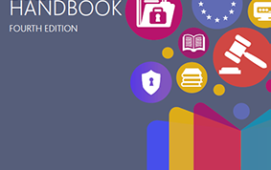Global electronic trading technology provider InfoReach is pioneering an initiative to reduce common problems and costs that arise during the process of enabling connectivity between trading counterparties.
Through the collaborative use of a single set of “fake” symbols, market participants can verify live routing and trading capabilities and test new algorithms without the need to put real money in the markets. The symbols proposed by InfoReach are OOOO and 0000 (for numeric symbology markets).
While a few of the largest exchanges offer their own test symbols—such as “ZVZZT” for NASDAQ—there is no standard symbol that is universally recognized and easily remembered. Furthermore, many trading participants around the world do not support the use of any test instruments, forcing their counterparties to use actual financial instruments in the production environment.
By using OOOO and 0000, market participants can verify production readiness between counterparties, “ping” connectivity on a regular basis and detect problems before they affect live transactions. The symbols will work across all trading counterparties and global destinations (sell side, buy side, exchanges, ECNs and other routing destinations, etc.).
“Configuring connectivity is a largely manual process involving many parties and components, and any changes introduced on either side of the connection can adversely affect order handling between counterparties,” explains InfoReach CEO Allen Zaydlin. “Global adoption of our universal test symbols will benefit all market participants by making the process more efficient and reducing unnecessary costs and risk,” he adds.
Simple implementation
There is no cost for using the test symbols and implementation is simple. After adding the symbols to their Security Master, traders send a “dummy” order in the production environment using the appropriate symbol.
Once the dummy order is received, the trading counterparty must acknowledge receipt of the order and/or simulate execution. The lack of order acknowledgment/execution or rejection of the order will indicate that the ability to handle live orders might be compromised at the transaction destination.
Supporters of the initiative are asked to indicate participation by notifying InfoReach at testsymbol@inforeachinc.com
Subscribe to our newsletter




